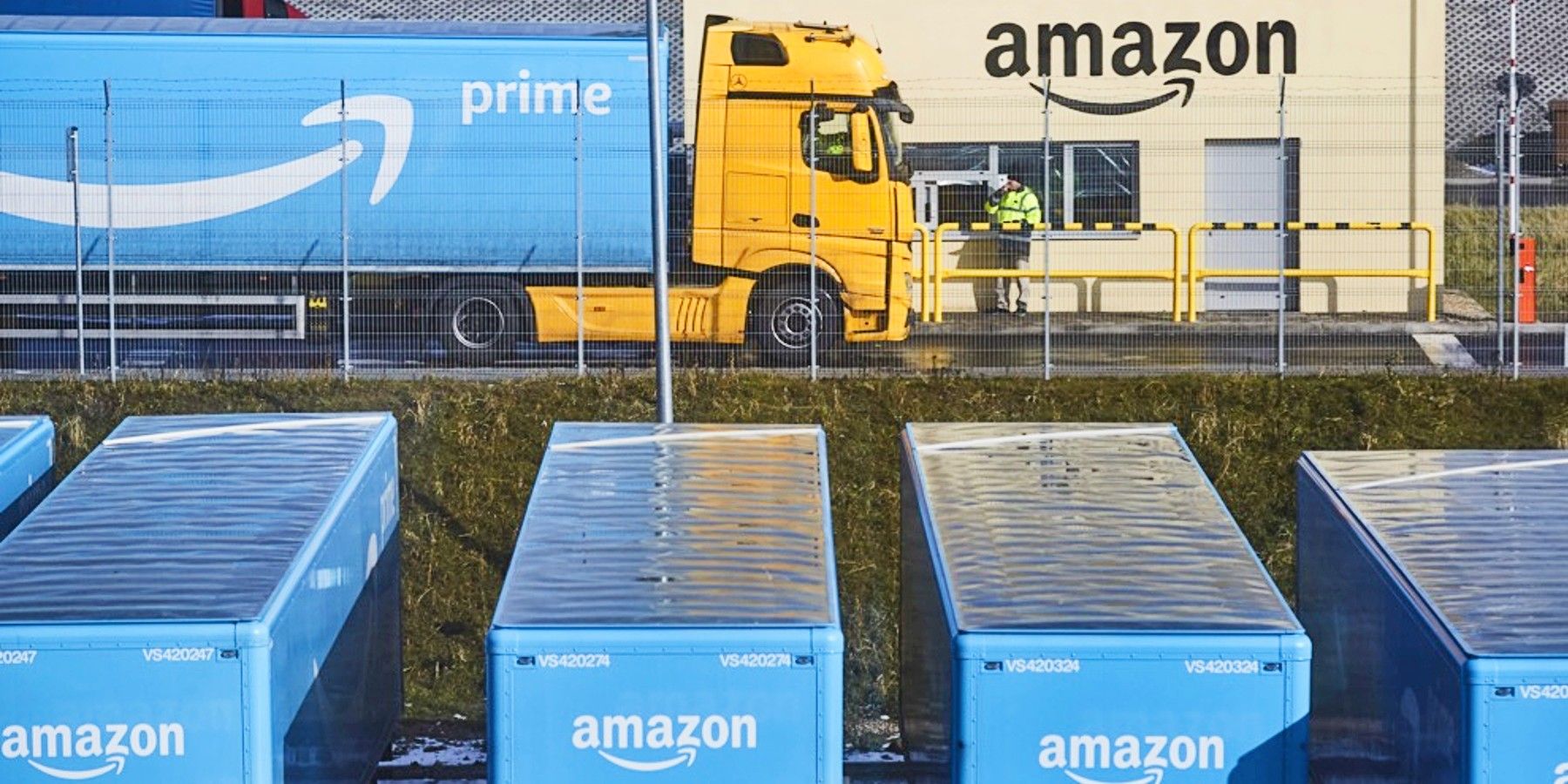A new report says Walmart, Target, Amazon and IKEA are driving pollution to new levels. An unusual counter-movement that called for people to buy nothing began to grow during Black Friday. Critics linked the chaos in Los Angeles ports, air pollution and plastic waste to the event, but it seems Black Friday is just the tip of the iceberg.
The pandemic boosted e-commerce and home delivery, but the trend is nowhere close to its end. Consumerism in the U.S. and around the world is on the rise. Supply chain crisis, inflation and pollution begin to emerge as direct impacts of non-stop online shopping business growth. While some blame consumers, others argue that big companies bringing in billions in gains should be those who respond and be held accountable.
A new report, Ship it Zero, revealed that Walmart, Target, Amazon and IKEA are directly responsible for the new peak pollution levels. The report says the retail companies emitted 20 million tonnes of carbon dioxide from 2018 to 2020. This amount equals the running of five coal-fired power plants, non-stop, year-round. Together the shipping industry contaminates as much as the sixth polluting country of the world.
More Than Just Shipping

International shipping is responsible for 3 percent of the total global emissions. While the figure may seem small, its impact is profound. As a result, the sector is being pressed to reduce its emissions with new technology. Walmart, Amazon and Target mainly import goods from China to the West Coast. “Until recently, the massive climate-disrupting and human health-harming emissions from international container shipping — and the companies that are buying their services — have sailed under the radar of public scrutiny,” Ship it Zero says.
But contamination does not end in port for retailers. Cargo airplanes, freight, trucks and vans are a critical part of the system needed for home delivery. Heavy and medium trucks emit 20 percent of greenhouse gas emissions despite only accounting for 5 percent of the vehicles on the road in the U.S. Despite the 2020 lockdown, emissions did not curb.
Amazon assures they are prioritizing transportation to reach net-zero carbon by 2040. However, critics say it is just an empty long-term pledge. Amazon responds that they have already begun switching to electric vehicles in the U.S. and Europe, but its green transportation strategy does not mention shipping. Amazon, Walmart and other retailers are also now facing heat from the Federal Trade Commission for their role in the supply chain crisis, leaving stores with empty shelves and driving prices of products up. Ship it Zero calls for the U.S. retail giants like Amazon to find new ways to deliver their products. They say profit should not outweigh sustainability, environment and public health.
Next: See How Climate Change Will Affect Your Address Using This Scary AI Tool





